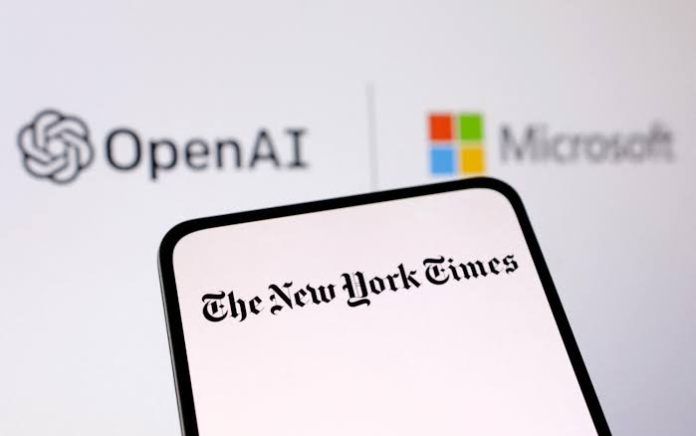In December 2023, The New York Times filed a lawsuit against OpenAI, claiming that the AI company had infringed on its copyrights. The Times accused OpenAI of using its extensive archive of articles to train its AI model, ChatGPT, without permission.
In response, OpenAI has challenged The New York Times to prove that their content is original. They have asked the newspaper to provide reporter’s notes and other related documents to support their claim. This move by OpenAI has sparked controversy.
On Wednesday, The New York Times fired back, calling OpenAI’s request for extensive documentation a form of harassment. They argued that the demand for such a wide range of documents is unprecedented and not allowed under the Federal Rules of Civil Procedure, which govern legal processes in the United States.
The Times maintains that OpenAI’s request is overly broad and unnecessary. They believe it goes beyond what is reasonable in a copyright infringement case and is intended to intimidate and burden the newspaper.
Adding to the legal pressure on OpenAI, the Center for Investigative Reporting has also filed a lawsuit against the AI company. This organization, along with other media outlets, is accusing OpenAI of violating their copyrights as well.
They claim that OpenAI has used their content to train its AI systems without proper authorization, undermining the rights of journalists and publishers.
This growing number of lawsuits against OpenAI highlights the tension between traditional media organizations and new AI technologies. Media companies are concerned about how their content is used and want to protect their intellectual property rights. Meanwhile, AI companies argue that they need access to large amounts of data to improve their technologies.


